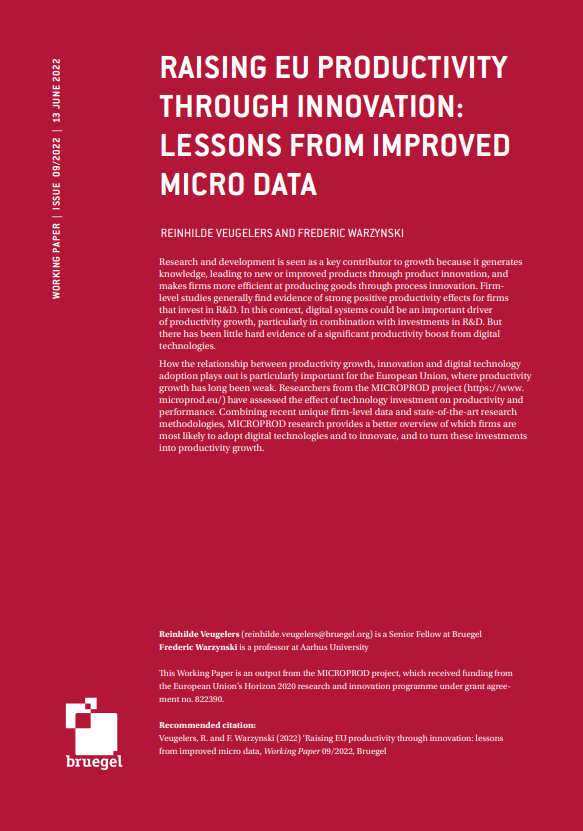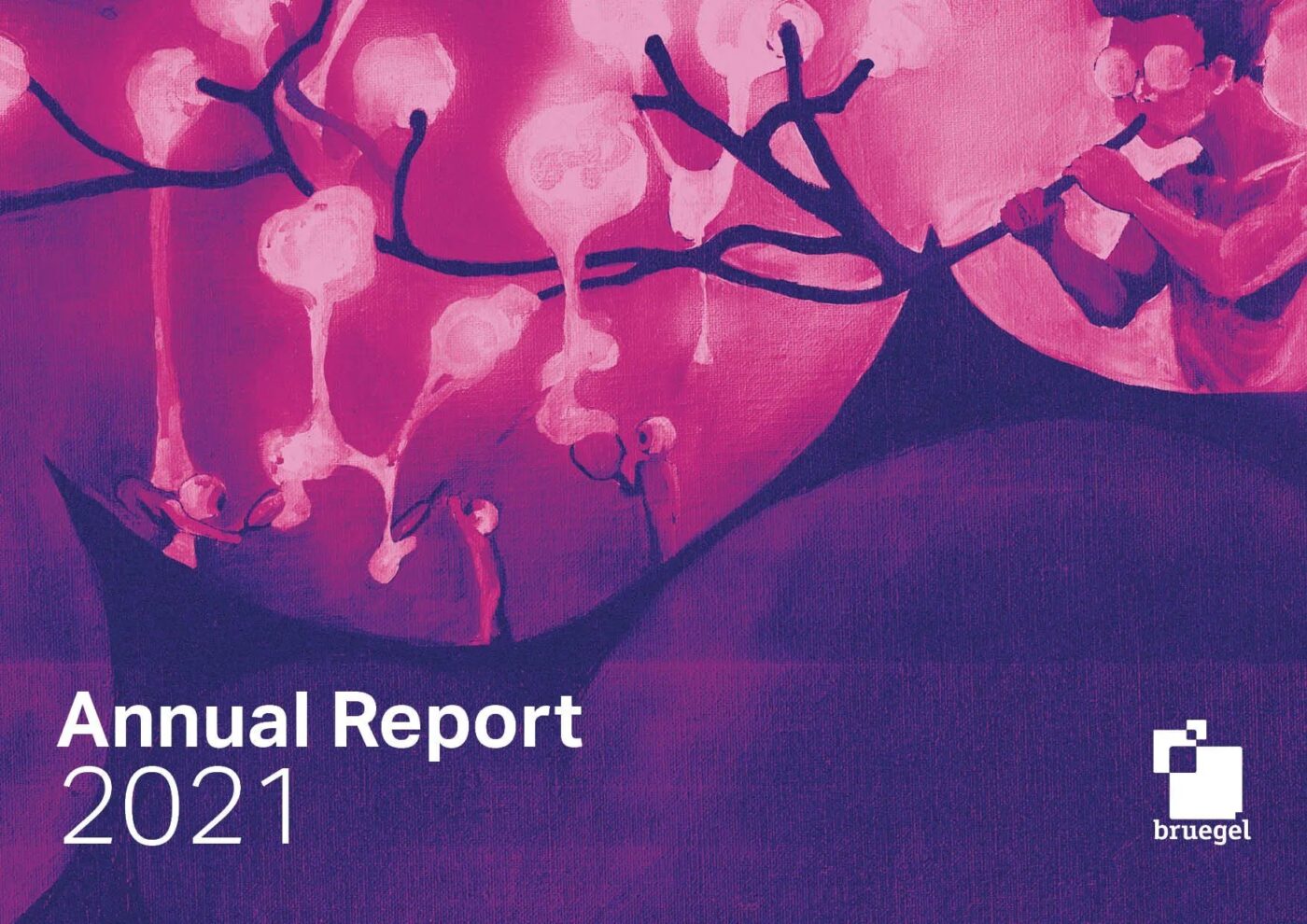Blog Post
E-commerce: an opportunity for growth in Europe, for people and business
Statement from Andrus Ansip, Vice-President of the European Commission and European Commissioner for the Digital Single Market, following Bruegel's event on e-Commerce in Europe.
Click here to watch the recording of the event “E-commerce in Europe: Lessons for parcel delivery from electronic communications”
This is already a busy year for turning Europe digital. By the end of 2016, the European Commission plans to have finalised all the proposals for creating a Digital Single Market (DSM).
The first two of these were presented last December: a proposal to align consumer digital contract rules around the EU, and another to ensure the portability of legally acquired content when Europeans travel across borders.
We followed this up in early April with initiatives to turn EU industry more digital and attract more investment into the sector.
We want to develop the untapped potential of e-commerce: to remove the barriers that are holding back its growth and expansion, particularly across EU country borders.
The focus now turns to e-commerce, for which another set of measures will come in a few weeks’ time.
We want to develop the untapped potential of e-commerce: to remove the barriers that are holding back its growth and expansion, particularly across EU country borders.
We want people who shop online to be able to do so throughout Europe – and enjoy the same retail experience as local customers, in whichever EU country a website is based.
Today, too many people are unable to do this: to use online services available in other EU countries.
E-commerce represents a huge opportunity for Europe’s people and also businesses, especially the small and medium-sized, because they will gain from the changes we propose. They stand to get more customers, but with no extra burdens attached.
E-commerce represents a huge opportunity for Europe’s people and also businesses, especially the small and medium-sized, because they will gain from the changes we propose.
To be clear: this is not about imposing a single price across the EU, nor about forcing companies to change their business models by making them sell or deliver goods in every EU market. That is not the point: contractual freedoms should be respected.
Our proposal to tackle geo-blocking will aim to make sure that if someone – a customer – comes to a store, whether physically or virtually, then they should not be treated differently from any other customers if there is no objective reason to do so.
Online services are for everyone: wherever you are, whoever you are.
This principle goes hand in hand with the founding principle that the EU should be a single market – which means removing barriers, not putting up new ones. It also means no unjustified discrimination.
In the digital age, with e-commerce growing so fast as a retail spending market, neither people nor businesses should be restrained by barriers when they shop or sell online.
Another area we will tackle is parcel delivery, which plays a clear and essential role in the development of e-commerce.
E-shoppers as well as e-retailers have become more demanding about how goods that they buy online are delivered.
E-shoppers as well as e-retailers have become more demanding about how goods that they buy online are delivered.
High prices for delivery, especially when people buy goods via a website based in another EU country, are a real problem.
In this regard, I welcome the research being done by Bruegel into European postal markets and prices, which will provide useful input as the decision-making process over the Commission’s proposals gets underway.
Another big issue is the frequent lack of competition for delivery services in a given national market. Both of these problem areas are holding back the development of e-commerce in Europe.
Today, it can cost far more to send home something you buy from a website in another EU country than to have it delivered nationally, even when the distance is the same or shorter. That often deters people from buying online in the first place and so e-shoppers abandon their shopping carts before they get to place an order.
If Europe is to have a fully functioning DSM, it must also have affordable and high-quality cross-border parcel delivery services. We want to make parcel delivery cheaper, more efficient and transparent – and hopefully more reliable too, with more choice for consumers.
This way, e-commerce can grow faster, online retailers can do better, and customers get a better service into the bargain.
Equality of treatment also applies to protecting online consumer rights in the DSM, whichever EU country is concerned.
We will make sure that the EU has modern, rapid and efficient enforcement tools to guarantee compliance with national consumer laws.
There is also a pan-European aspect to address here. National consumer protection authorities need to be able to work more together and act more together when faced by dubious or harmful online practices that concern several – or all EU countries – at the same time. This could be anything from misleading advertising campaigns to more serious violations.
These are the main elements of our forthcoming e-commerce package: building more avenues for it to grow and thrive.
Republishing and referencing
Bruegel considers itself a public good and takes no institutional standpoint. Anyone is free to republish and/or quote this post without prior consent. Please provide a full reference, clearly stating Bruegel and the relevant author as the source, and include a prominent hyperlink to the original post.








